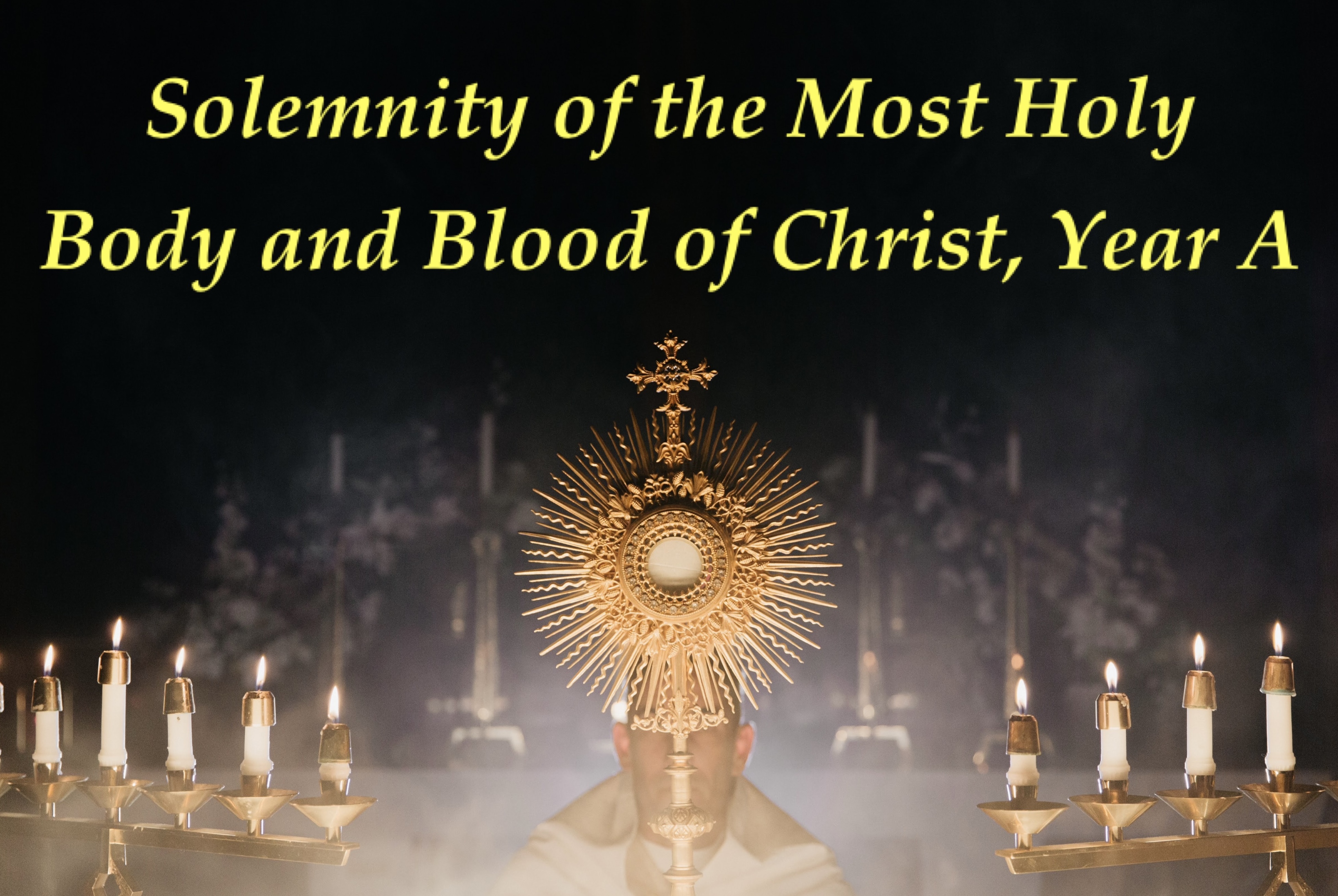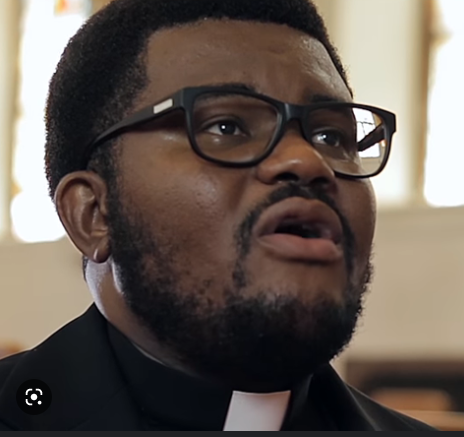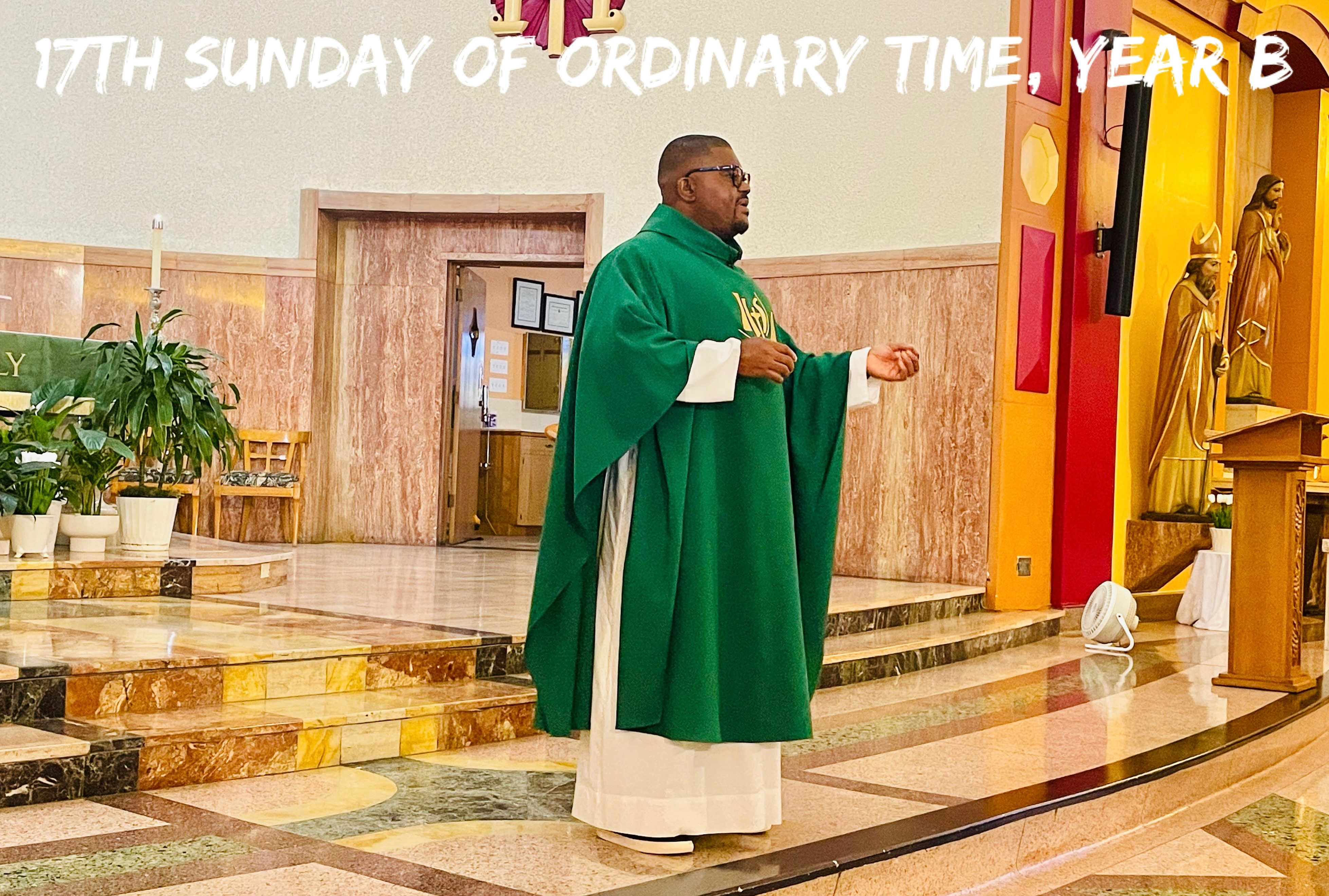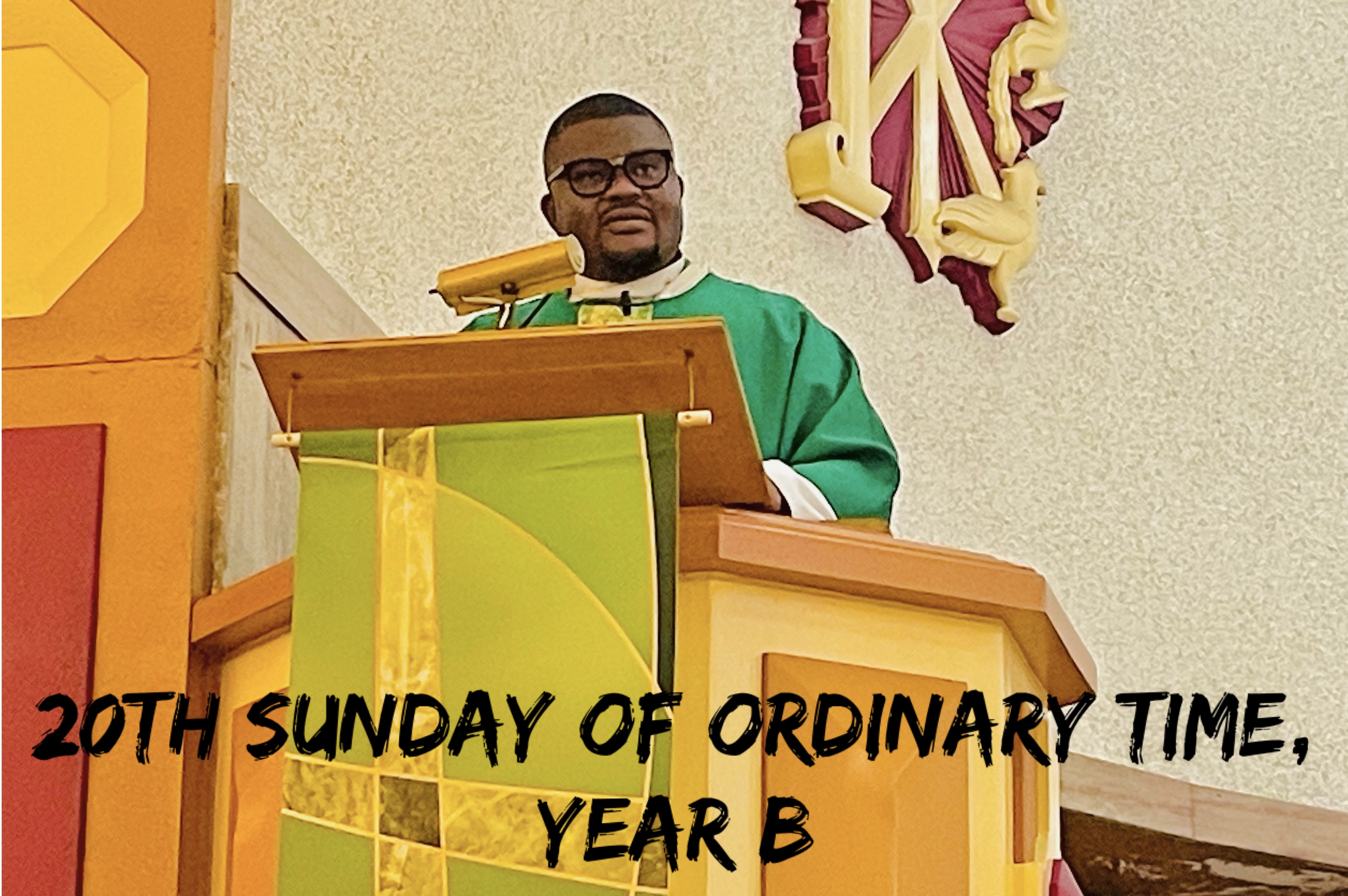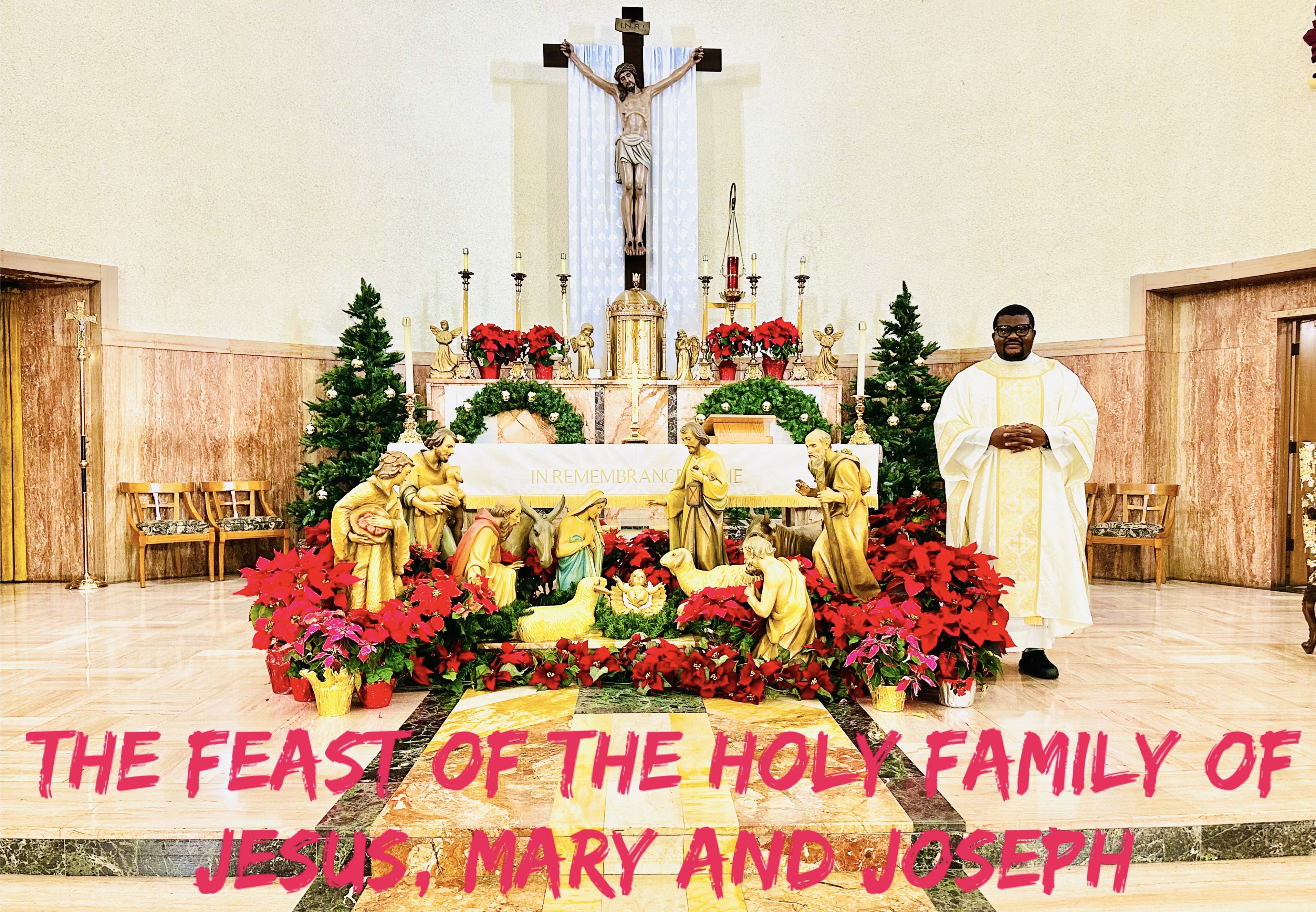Solemnity of the Most Holy Body and Blood of Christ, Year A
Jesus said to the Jewish crowds: “I am the living bread that came down from heaven; whoever eats this bread will live forever; and the bread that I will give is my flesh for the life of the world.” “Amen, amen, I say to you, unless you eat the flesh of the Son of Man and drink his blood, you do not have life within you. Whoever eats my flesh and drinks my blood has eternal life, and I will raise him on the last day. For my flesh is true food, and my blood is true drink. Whoever eats my flesh and drinks my blood remains in me and I in him.” With these words of Jesus in today’s gospel reading, from the gospel of Saint John, chapter 6, verse 51 to 58, we are reminded of the importance of the Most Holy Eucharist in our lives as Catholic Christians. So what exactly are we celebrating today in the Solemnity of the Body and Blood of our Lord Jesus Christ? Today, we are honoring the Most Holy Eucharist and giving thanks to God for the gift of the Body and Blood of His Son, our Lord Jesus Christ. Today’s Solemnity also reminds us of what the Eucharist is and our devotion to the real presence of Christ in the Holy Eucharist. What is the Eucharist? According to the Catechism of the Catholic Church, the Eucharist is the source and summit of the Christian life. The other sacraments, and indeed all ecclesiastical ministries and works of the apostolate, are bound up with the Eucharist and are oriented toward it. For in the blessed Eucharist is contained the whole spiritual good of the Church, namely Christ himself, our Pasch. The Eucharist is the efficacious sign and sublime cause of that communion in the divine life, and that unity of the People of God by which the Church is kept in being. It is the culmination both of God's action sanctifying the world in Christ, and of the worship men offer to Christ and through him to the Father in the Holy Spirit. Finally, by the Eucharistic celebration we unite ourselves with the heavenly liturgy and anticipate eternal life, when God will be all in all. Hence, the Eucharist is the sum and summary of our faith, and the memorial of Christ's Passover, that is, of the work of salvation accomplished by the life, death, and resurrection of Christ, a work made present by the liturgical action. What does the Eucharist comprise of? The Eucharistic celebration is made up of two parts, the Liturgy of the Word and the Liturgy of the Eucharist, which includes: the proclamation of the Word of God; thanksgiving to God the Father for all his benefits, above all the gift of his Son; the consecration of bread and wine; and participation in the liturgical banquet by receiving the Lord's body and blood. These elements constitute one single act of worship. By the consecration, the transubstantiation of the bread and wine into the Body and Blood of Christ is brought about. Under the consecrated species of bread and wine Christ himself, living and glorious, is present in a true, real, and substantial manner: his Body and his Blood, with his soul and his divinity. What does the Eucharist do for us? In the Eucharistic celebration, the Mass, we are fed with the Word of God in the Liturgy of the Word and are nourished with the Body and Blood of Christ in the Liturgy of the Eucharist. Communion with the Body and Blood of Christ increases the communicant's union with the Lord, forgives his or her venial sins, and preserves him or her from grave sins. Since receiving this sacrament strengthens the bonds of charity between the communicant and Christ, it also reinforces the unity of the Church as the Mystical Body of Christ, and is the pledge of glory with the Father in heaven. This is why, participation in the Holy Sacrifice of the Mass identifies us with his Heart, sustains our strength along the pilgrimage of this life, makes us long for eternal life, and unites us even now to the Church in heaven, the Blessed Virgin Mary, and all the saints. So what are we called to do as Catholic Christians by this Solemnity of the Body and Blood of Christ we are celebrating today? We are called to: (a) acknowledge and honor the real presence of Christ in the Holy Eucharist; (b) to thank God for remaining with us through the gift of His Son in the Eucharist; and, (c) to be grateful to God for feeding and strengthening us with the Body and Blood of His Son, our Lord Jesus Christ.

